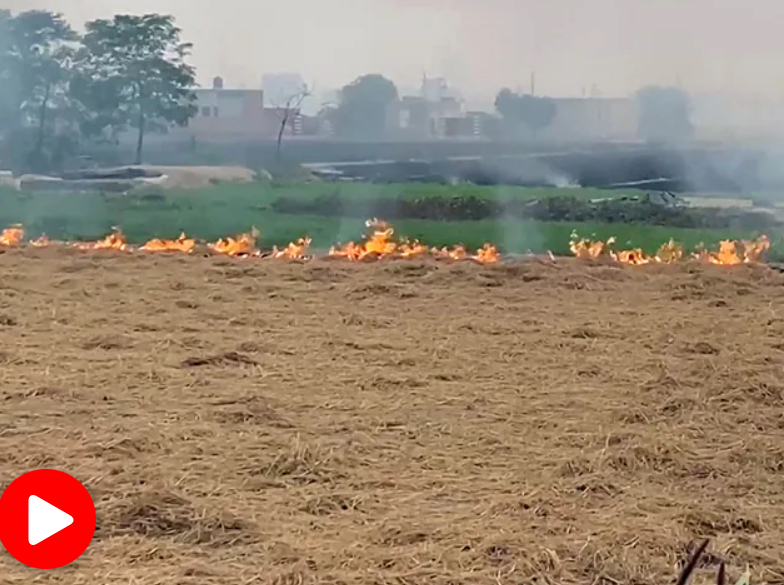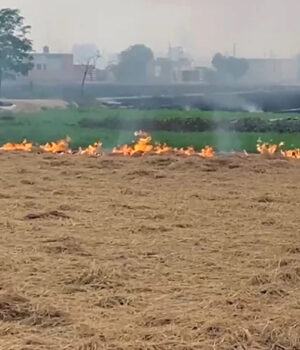In a stern stance against the alarming air pollution in Delhi during winter, the Supreme Court criticized both the Punjab and Delhi governments while expressing support for farmers in the former state. The bench, consisting of Justices SK Kaul and S Dhulia, directed action against the burning of agricultural waste, a major contributor to Delhi’s deteriorating air quality.
The court emphasized the severity of the air quality crisis, stating, “This is the most polluted November in six years… the problem is known (and) it is your job to control it.” The Aam Aadmi Party-led governments of Delhi and Punjab, as well as the Bharatiya Janata Party (BJP)-ruled Uttar Pradesh, were instructed to take measures to address the issue.
Notably, the court reprimanded the Delhi government for delayed funding of the Delhi-Meerut RRTS (regional rapid transport system) and ordered the transfer of funds from the AAP’s advertising budget. The court warned against taking its orders for granted, emphasizing the government’s failure to comply.

While critical of the Delhi government’s actions, the court displayed a more sympathetic stance toward farmers in Punjab, recognizing their challenges in dealing with stubble burning. The court questioned the perception of farmers as villains and urged the Punjab government to consider providing incentives for farmers to avoid burning stubble.
The Supreme Court acknowledged the absence of farmer representation in the ongoing hearing and suggested that the state should fund machinery for small landholding farmers to manage stubble without resorting to burning. The court emphasized the duty of the state to support impoverished farmers in adopting sustainable practices.
As winter approaches, the air quality crisis in Delhi becomes more pronounced, prompting the closure of schools and colleges. Contributing factors include farm fires, Diwali fireworks, vehicular traffic, and dust from construction activities. The court’s intervention reflects the urgency to address these issues and mitigate the health risks associated with toxic air in the region.










